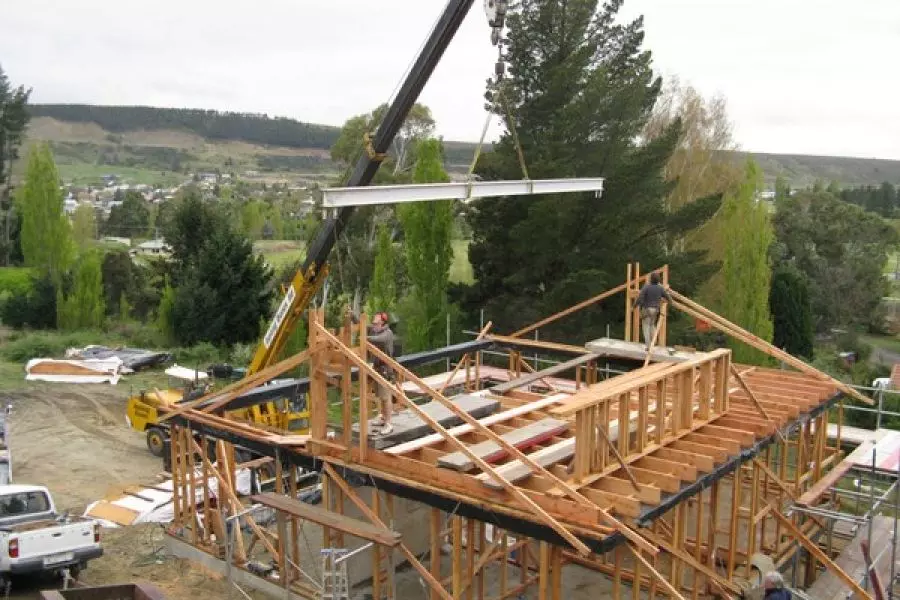
News
Tread carefully with building products

Tuesday 10th of January 2017
The council’s building control team general manager Ian McCormick said inspectors are seeing a marked increase in product substitutions as traditional building materials grow scarcer.
Cheaper prices are the number one reason for replacing the specified product but all building products have to meet the New Zealand Building Code.
Another major sticking point for builders is...
Want to read the full article?
Click the button below to subscribe and will have unlimited access to full article and all other articles on the site.
Latest News
Latest Comments





![[The Wrap] Bye Bye Bayly](https://goodreturns.publit.io/file/c_fill,w_900,h_600/39f23ac1-f7c7-4854-b700-a150004ebbac.webp)


